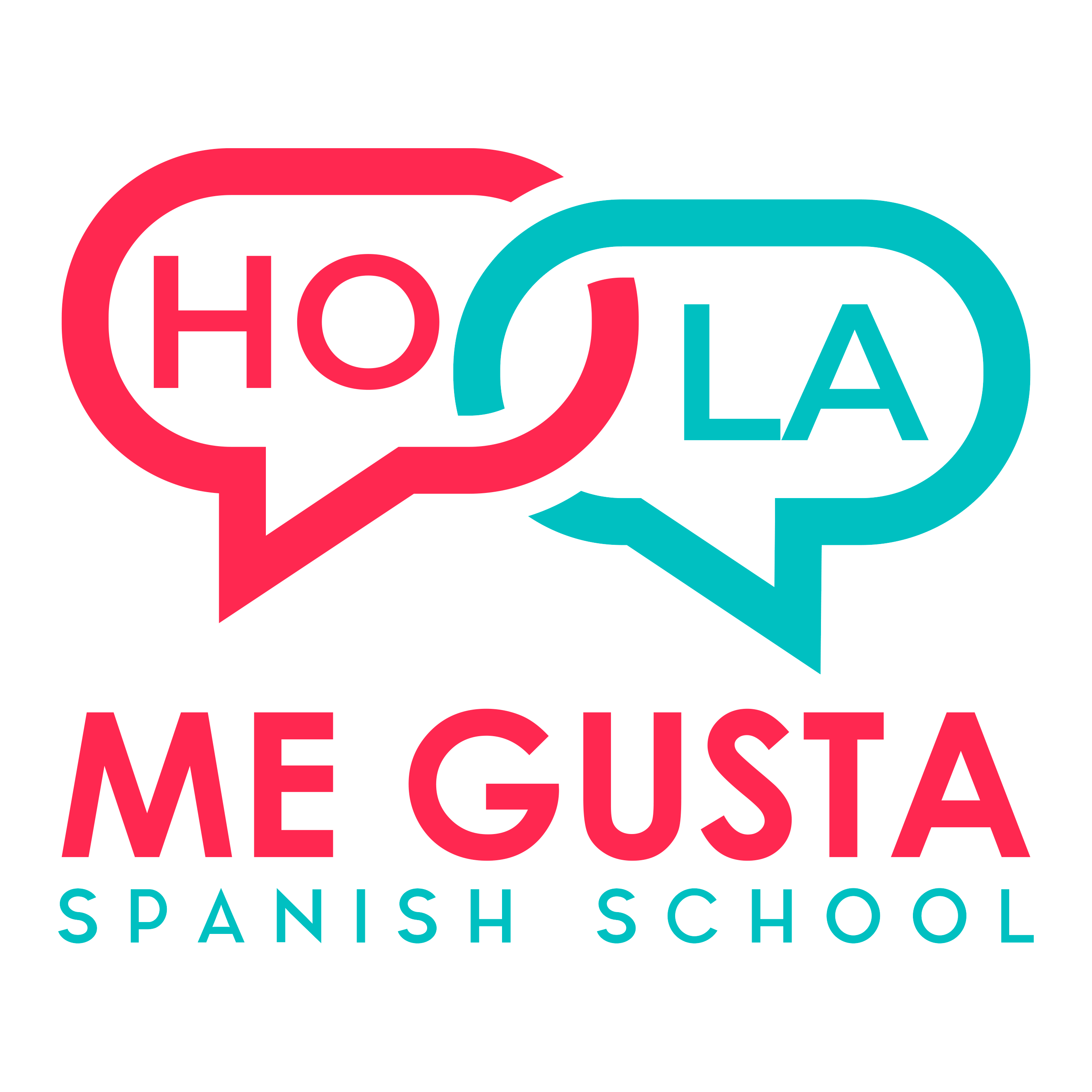
Blog

The hundred most important words in Spanis
The dictionary of the Royal Spanish Academy (RAE) has 88,000 registered words, but there are many others (Almost 30% of that amount) that are used in different countries and that cannot be included in a single dictionary since they are considered regionalisms.
For example the word for “popcorn” is also known as: Pipocas in Bolivia, Palomitas de maiz in Mexico, Pochoclos in Argentina, Cabritas in Chili and more…
Cervantes’ masterpiece “Don Quixote de la Mancha” was written with 22,939! He was quite the genius of the time, today a person who uses around 3500 words is already considered a cultured person.
But don’t worry about memorizing so many words, a study has revealed that just by learning the 100 most used words in any language, you can already communicate and understand up to 84% of common conversations.
That is why we bring you “The hundred most used words in Spanish” if you would like us to explain the use of any of them, leave us your comment below and we will upload a video with the grammatical explanation and usage.
Saludos!
- el / la (def. art.) the
- lo (pron.) [3rd pers. masc. direct object pronoun]
- de (prep.) of, from
- todo (adj.) all, every
- que (conj.) that, which
- pero (conj.) but, yet, except
- y (conj.) and
- más (adj.) more
- a (prep.) to, at
- hacer (verb.) to do, make
- en (prep.) in, on
- o (conj.) or
- un (indef. art.) a, an
- poder (verb) to be able to, can
- ser (verb) to be
- decir (verb) to tell, say
- se (pron.) -self, oneself [reflexive marker]
- este (adj.) this (m); esta (f)
- no (adv.) no
- ir (verb) to go
- haber (verb) to have
- otro (adj.) other, another
- por (prep.) by, for, through
- ese (adj.) that (m); esa (f
- con (prep.) with
- la (pron.) [3rd pers. fem. direct object pronoun]
- su (adj.) his, her, their, your (fam.)
- si (conj.) if, whether
- para (prep.) for, to, in order to
- me (pron.) me
- como (conj.) like, as
- ya (adv.) already, still
- estar (verb) to be
- ver (verb) to see
- tener (verb) to have
- porque (conj.) because
- le (pron.) [3rd pers. indirect object pronoun]
- dar (verb) to give
- lo (art.) the (+ noun)
- cuando (conj.) when
- él (pron.) he
- desde (prep.) from, since
- muy (adv.) very, really
- grande (adj.) large, great, big
- sin (prep.) without
- eso (pron., n.) that
- vez (noun, f.) time, occurrence
- ni (conj.) not even, neither, nor
- mucho (adj.) much, many, a lot
- nos (pron.) us
- saber (verb) to know
- llegar (verb) to arrive
- qué (pron.) what?, which?, how (+ adj.)
- pasar (verb) to pass, spend (time)
- sobre (prep.) on top of, over, about
- tiempo (noun, m.) time, weather
- mi (adj.) my
- ella (pron.) she; ellas them
- alguno (adj.) some; (pron.) someone
- sí (adv.) yes
- mismo (adj.) same
- día (noun, m.) day
- yo (pron.) I
- uno (num.) one
- también (adv.) also
- bien (adv.) well
- hasta (prep.) until, up to; (adv.) even
- poco (adj.) little few; (adv.) a little bit
- año (noun, m.) year
- deber (verb) should, ought to; to owe
- dos (num.) two
- entonces (adv.) so, then
- querer (verb) to want, love
- poner (verb) to put (on); get (+ adj.)
- entre (prep.) between
- cosa (noun, f.) thing
- así (adv.) like that
- tanto (adj.) much
- primero (adj.) first
- hombre (noun, m.) man, mankind, husband
- parecer (verb) to seem, look like
- creer (verb) to believe
- nuestro (adj.) our
- hablar (verb) to speak, talk
- tan (adv.) such, a, too, so
- llevar (verb) to take, carry
- donde (conj.) where
- dejar (verb) to let, leave
- ahora (adv.) now
- nada (pron.) nothing
- parte (noun, f.) part, portion
- cada (adj.) each, every
- después (adv.) after
- seguir (verb) to follow
- vida (noun, f.) life
- menos (adj.) less, fewer
- quedar (verb) to remain, stay
- nuevo (adj.) new
- siempre (adv.) always
- encontrar (verb) to find



How We Start Our Journey
Since 2005 we wanted to design an effective methodology for teaching Spanish making this a fun process but with great results. This is how the project “Me Gusta, Escuela de Español” was born in 2011. From our first experiences we realized how individualized the teaching of Spanish classes in Sucre should be since each person is different and unique.
From our first experiences we realized how individualized the teaching of Spanish should be since each person is different and unique. That is why we are passionate about our work, it is a challenge every day, and every day we learn something new. We change, implement, improve and innovate every year. We have the best team. Each of the people we work with is identified with the “Megusta” project.
Welcome to our family, welcome to our school!
Contact Us For More Info:


